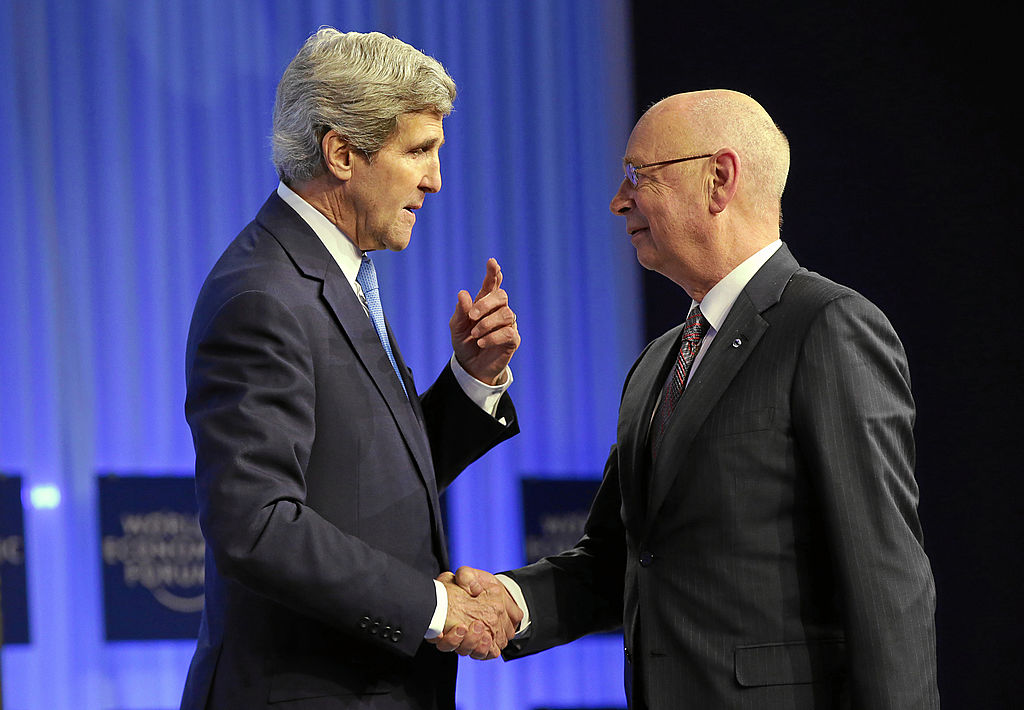In 2021, the International Energy Agency (IEA) published “Net Zero by 2050: A Roadmap for the Global Energy Sector,” a seminal report supporting efforts to curtail investment in oil and gas production, which subsequently shaped the environmental aspect of Environmental, Social, and Governance (ESG) investment standards.
However, a recent analysis by the Energy Policy Research Foundation, Inc. (EPRINC) commissioned by the RealClear Foundation, challenges this approach, deeming the IEA’s assumptions “unrealistic” and “internally inconsistent”.
The IEA’s approach, underpinned by the expectation that renewables such as wind and solar will supersede hydrocarbons, has been embraced by significant activist investors. Climate Action 100+, for instance, lauded the report as a “watershed moment,” while not-for-profit investor As You Sow hailed it as “groundbreaking.”
These groups have subsequently sought to align major banks’ financing activities with achieving net zero by 2050.
Nonetheless, the EPRINC analysis contradicts this narrative, warning that the IEA’s roadmap is a “green mirage” that could result in soaring energy costs, economic hardship, and increased human suffering.
The EPRINC report contests the IEA’s predictions of diminished demand for oil and gas, as well as its forecast of low hydrocarbon prices. It highlights the consequences of not investing in increasing supply, leading to spiraling prices as demand outstrips supply. This concern is corroborated by the IEA’s World Energy Outlook 2022, warning of a prolonged period of higher prices if a drop in fossil fuel investment precedes a surge in clean technologies.
Furthermore, the EPRINC analysis disputes the IEA’s claim of the decreasing cost of renewable energy technologies. Despite significant investment in renewables, energy production would still be 7% less than the current system, alongside a drastic 33% fall in energy output per employee. Wind and solar energy also require vast land areas, implying greater input for less output – a recipe against sustained economic growth.
Such revelations put ESG-focused investment managers in a predicament. They have fiduciary obligations to maximize returns for retirees, savers, and shareholders. The analysis posits that such managers contribute to macroeconomic woes, such as high inflation and weak growth, by enforcing alignment with net zero objectives.
There are also geopolitical implications of the net zero roadmap. If non-OPEC producers decline their oil production as per the net zero profile while OPEC producers maintain investment, OPEC’s share could rise to 82% by 2050, posing a risk to Western security interests. The EPRINC report thus concludes that the IEA, originally created to ensure energy supplies at reasonable cost, has strayed from its mandate and become a “tool for climate policy extremism,” putting the global economy and Western security at risk.













